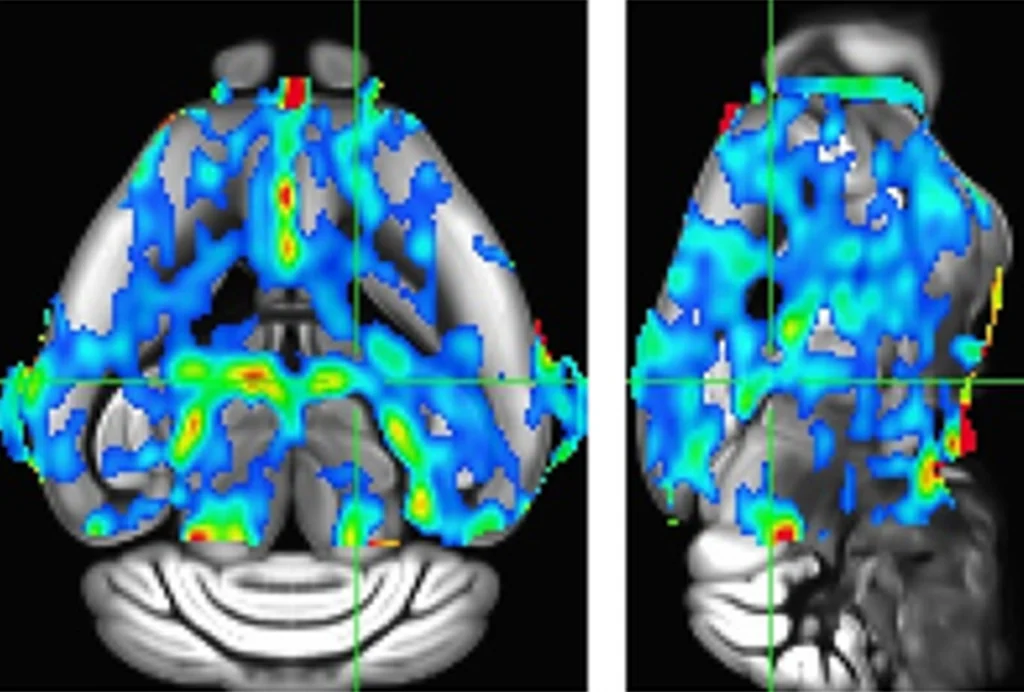Too much information
The bill barring genetic discrimination, which I wrote about a couple of weeks ago, last week made it through the House 414-1. Once President Bush signs it into law, it will allow people to be tested for diseases without fear of discrimination of any kind.

0b209902-fea6-dd34-7da6-674a168ea1de.jpg
The bill barring genetic discrimination, which I wrote about a couple of weeks ago, last week made it through the House 414-1. Once President Bush signs it into law, it will allow people to be tested for diseases without fear of discrimination of any kind.
But whoʼs going to protect them from the tests themselves?
Last Thursday, a federal advisory panel called for the government to rein in the unregulated masses of tests on the market, some of which are useless or even misleading. And many of these tests are available online.
I can foresee, for example, that based on the emerging genetic information available for autism, enterprising companies might put out tests to detect this or that mutation or copy number variation. None of those risk factors have been vetted enough to be accurate or useful yet, and most diseases are influenced by dozens of other factors. Testing negative for one mutation also doesnʼt mean that someone doesnʼt have another, perhaps undiscovered, risk factor.
But when autism is such big news, would that stop a company? Just imagine finding out that you carry one of these risk factors without the context and advice that a doctor and a genetic counselor could provide.
Of the 1,500 or so tests available, the US Food and Drug Administration has checked only 83 that were on a list in 1992. The Secretary’s Advisory Committee on Genetics, Health and Society is recommending that the FDA should make sure the tests are accurate and clinically useful, and maintain a registry of all available tests.
The committee was convened by the Department of Health and Human Services to weigh precisely these kinds of concerns. After much dragging of feet, in September 2006 the committee urged the FDA to regulate some genetic tests. Those guidelines never saw the light of day.
Not surprisingly, industry is protesting the recommendation, saying it would mean “overregulation” by the FDA. And in the current administration, these companies will probably have their way. But Democratic presidential candidate Barack Obama in 2006 proposed a bill – click here for the pdf – suggesting greater oversight. That gives me hope that at least in the foreseeable future, too much information will be whittled down only to the best and most useful.
Explore more from The Transmitter

How inbreeding almost tanked an up-and-coming model of Alzheimer’s disease

